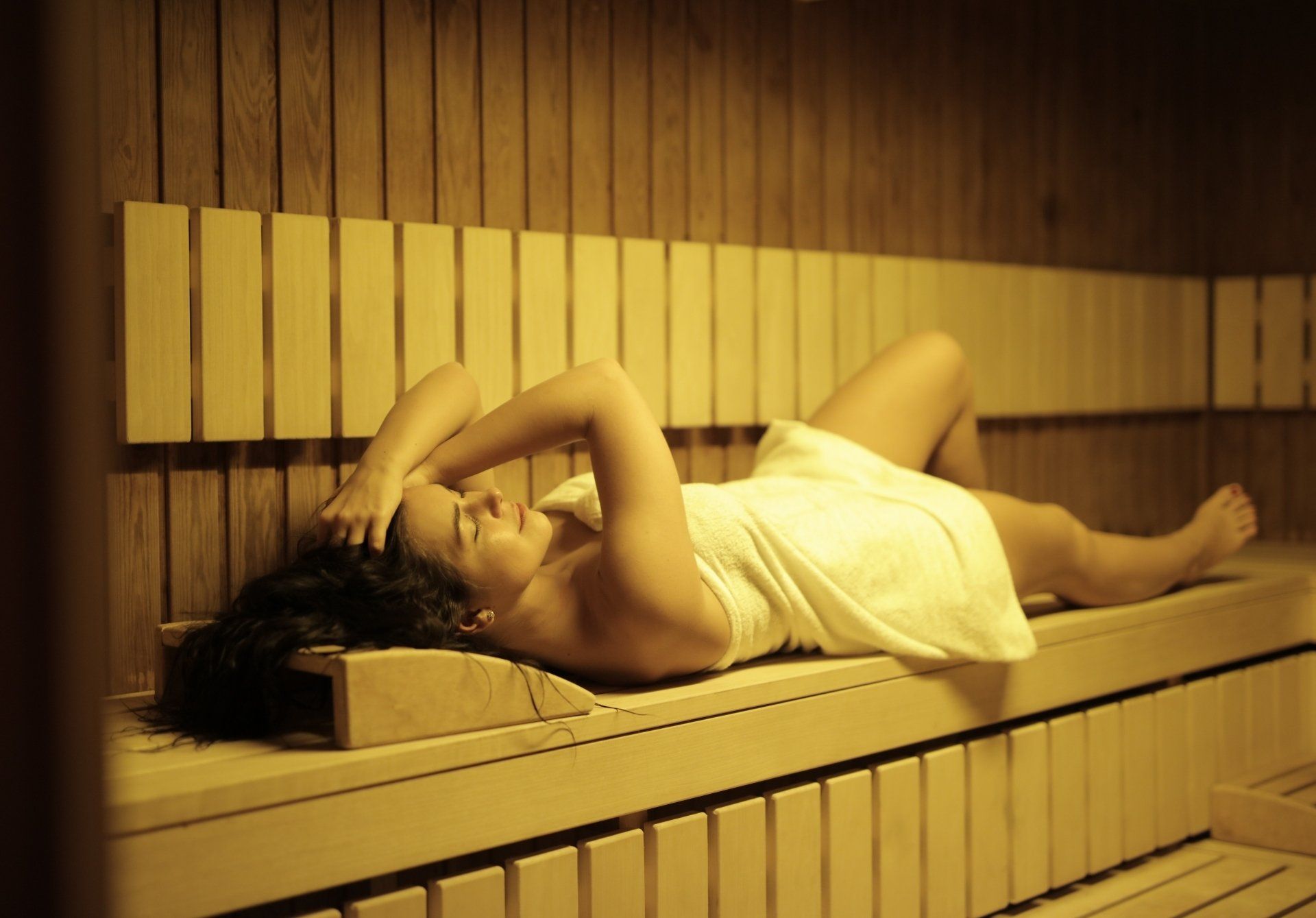Are there any negatives to sauna?
Are There Any Negatives to Sauna?

Saunas are often praised for their health benefits, from relaxation to improved circulation. But are there any negatives to sauna use?
While saunas can be a fantastic addition to a wellness routine, they may not be suitable for everyone and can have potential downsides if not used properly.
Let’s explore the risks, limitations, and real-life examples to help you make an informed decision.
What Are the Potential Negatives of Using a Sauna?
1. Risk of Dehydration
Saunas cause you to sweat profusely, which can lead to dehydration if you don’t replenish lost fluids.
Symptoms - Dry mouth, dizziness, or fatigue after a session.
Prevention - Drink water before and after using the sauna.
2. Overheating (Hyperthermia)
Prolonged exposure to high temperatures can lead to overheating, particularly if you don’t take breaks or use the sauna responsibly.
Symptoms - Nausea, headache, or fainting.
Prevention - Limit sessions to 15–20 minutes and cool down between sessions.
3. Cardiovascular Strain
The heat from a sauna increases heart rate and blood pressure, which can be dangerous for individuals with pre-existing heart conditions.
Example - People with low or high blood pressure may experience complications.
Recommendation - Consult a doctor before using a sauna if you have a heart condition.
4. Skin Irritation
Excessive sweating can irritate the skin or worsen certain skin conditions like eczema or psoriasis.
Prevention - Shower after a sauna session to remove sweat and bacteria.
5. Not Suitable for Everyone
Pregnant women - High heat can pose risks to pregnancy.
Children -Their bodies are less efficient at regulating temperature.
Elderly individuals -They may be more susceptible to dehydration or overheating.
Examples of Sauna Negatives
Case Study 1 - Overheating in a Public Sauna
A Wellington resident experienced dizziness and fainting after a 30-minute sauna session. They had skipped hydration before entering, leading to dehydration and hyperthermia.
After consulting a doctor, they reduced sauna sessions to 10 minutes with water breaks, avoiding further issues.
Case Study 2 - Aggravated Skin Condition
A Christchurch woman with eczema found her symptoms worsened after using a sauna regularly. By reducing her sessions and moisturizing immediately afterward, she minimized the irritation.
Case Study 3 - Cardiovascular Concerns in Auckland
A man with a history of high blood pressure ignored medical advice and used a sauna daily. After experiencing chest pain during a session, he sought medical attention and was advised to stop sauna use altogether.
When Should You Avoid a Sauna?
1. After Intense Exercise
While a sauna can be relaxing, using one immediately after a vigorous workout may increase the risk of dehydration and strain your heart.
2. If You’re Ill
Using a sauna while sick can exacerbate symptoms, particularly if you have a fever or respiratory issues.
3. During Alcohol Consumption
Alcohol impairs the body’s ability to regulate temperature, increasing the risk of dehydration and overheating in a sauna.
Tips for Safe Sauna Use
1. Stay Hydrated
Drink plenty of water before, during, and after your session to prevent dehydration.
2. Limit Your Time
Keep sauna sessions to 15–20 minutes. Take breaks if you’re planning multiple rounds.
3. Listen to Your Body
If you feel dizzy, nauseous, or uncomfortable, leave the sauna immediately and cool down.
4. Cool Down Gradually
After a sauna session, allow your body to cool down slowly with a lukewarm shower or a few minutes of rest.
Benefits vs Negatives - Is a Sauna Right for You?
While saunas offer numerous benefits like relaxation, improved circulation, and detoxification, they also come with risks if not used responsibly.
The key is moderation and understanding your body’s limits.
Quick Comparison
Benefits
Negatives
Relieves stress
Risk of dehydration
Improves circulation
Overheating
Promotes muscle recovery
Cardiovascular strain
Aids detoxification
Not suitable for everyone
Conclusion - Are There Any Negatives to Sauna?
Yes, saunas have potential downsides, including dehydration, overheating, and cardiovascular strain. However, these risks can be managed with proper precautions.
By staying hydrated, limiting session times, and listening to your body, you can enjoy the benefits of a sauna safely.
Ready to incorporate a sauna into your wellness routine?
Contact a local sauna expert to explore custom options that fit your lifestyle and health needs!







